Otherland: A Journey with my daughter
“I left too early, before tanks rolled into Moscow in 1991, and before Gorbachev was put under home arrest in a failed coup. I left before Russia and Ukraine became separate countries, before the KGB archives were opened, before the Russian version of Wheel of Fortune, before the word “Gulag” appeared in textbooks. I left before Chechnya, before the mass renaming of cities and streets, before you could go into a shop and actually purchase the books of Brodsky, Pasternak and Nabokov. I left too early, I missed the whole point. I was not there when my generation was cornered by history.”
Maria Tumarkin travels with her Australian-born teenage daughter, Billie, back to Russia and Ukraine to have her experience first-hand the seismic shifts of her family’s native country. For Maria the trip back is no simple stroll down memory lane. Splintered and scattered across the world, her generation has ended up inhabiting vastly different realities. Along with exploring the political and cultural fallout of a century of turmoil, Maria wanted to bring together the worlds of her mother and daughter – the different continents, histories and experiences they encompassed.
Before they set off, Maria wistfully imagined her and Billie’s hearts beating in unison as they travelled back to a past they could both understand, forging a nearly superhuman bond along the way. But, in Maria and Billie’s case, the past was not simply another country, but one that no longer existed.
Otherland is the story of a six-week trip traversing three generations, three lifetimes and three profoundly different but profoundly interconnected stories of mothers and daughters.
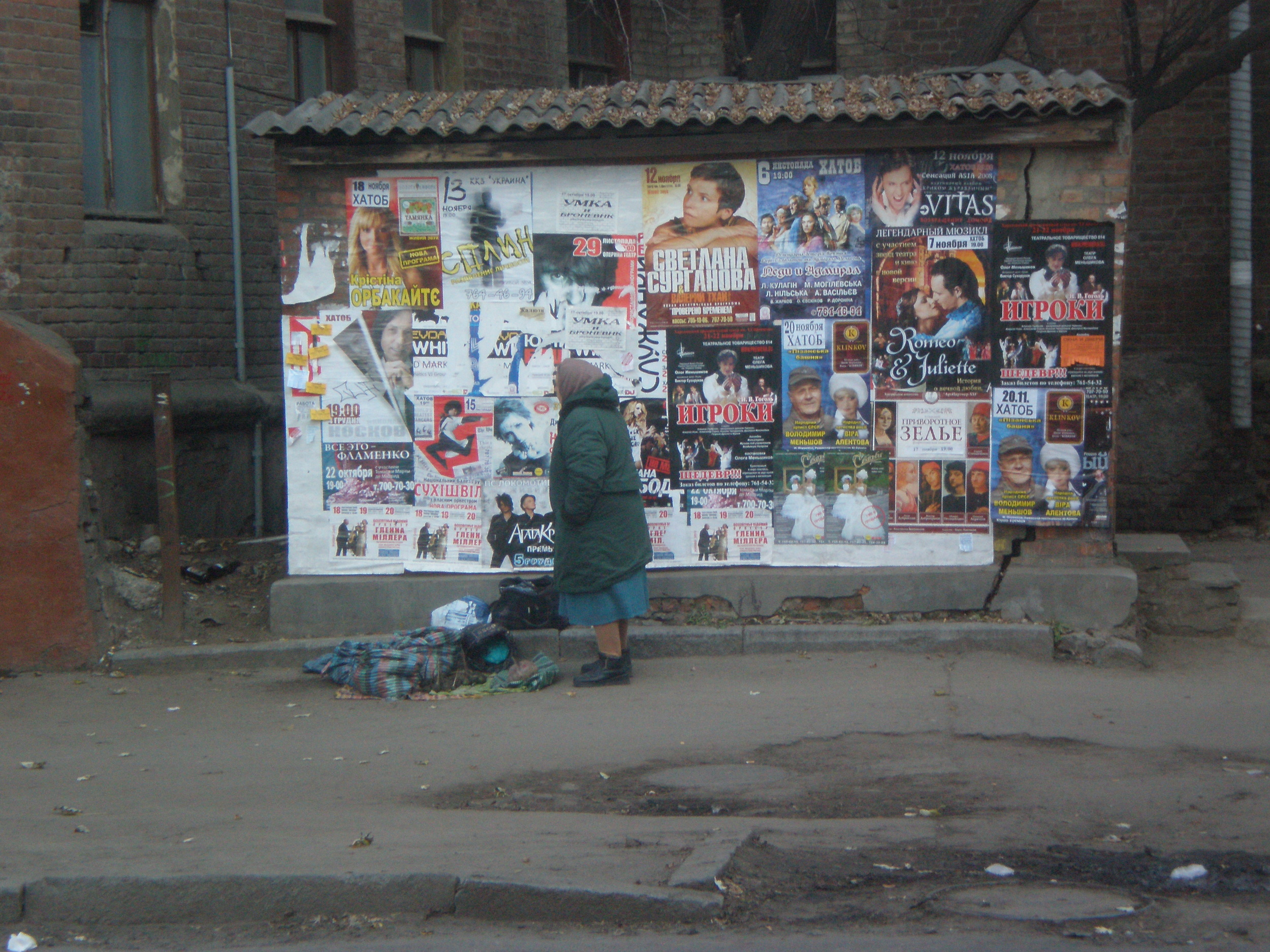

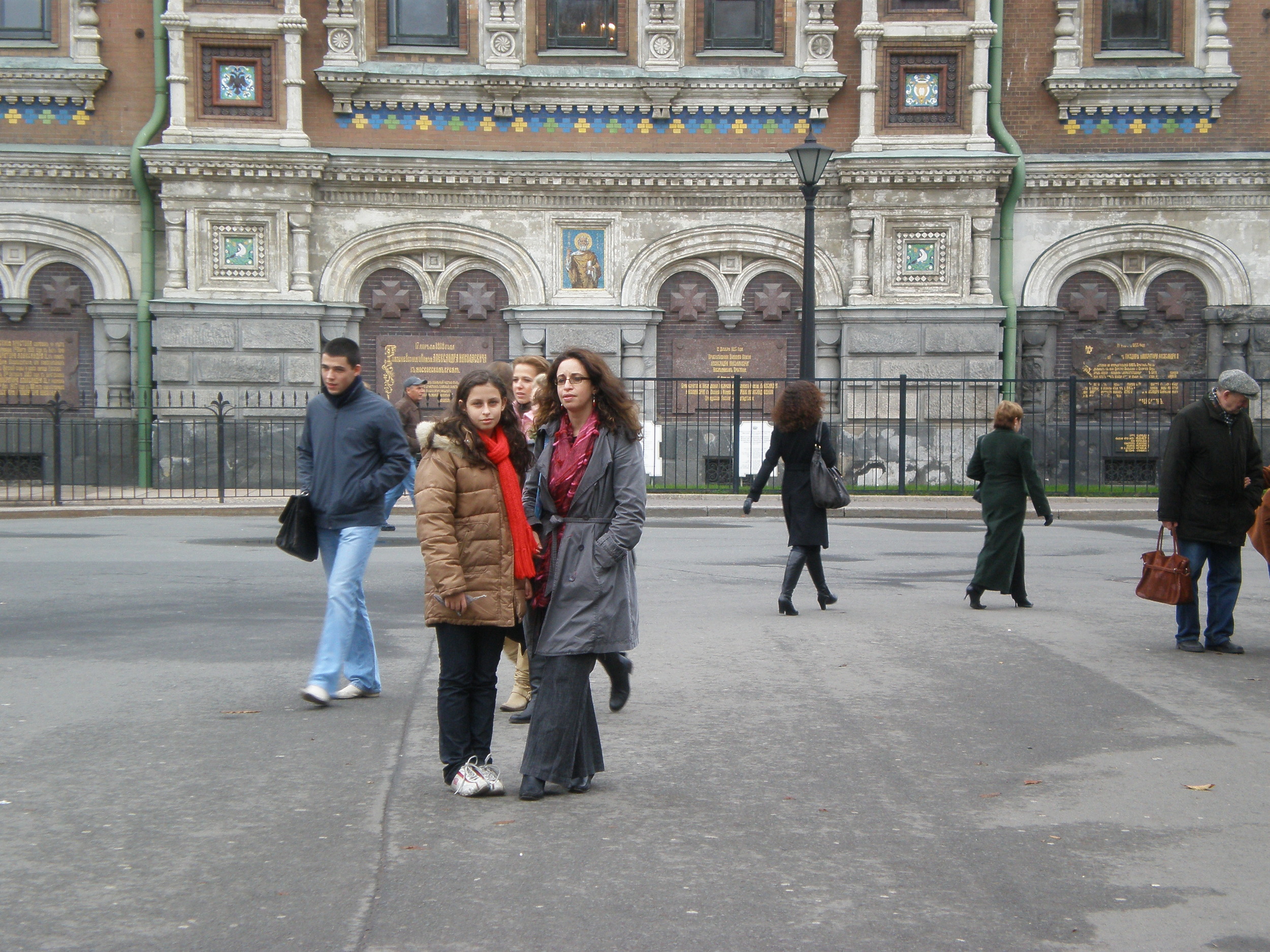
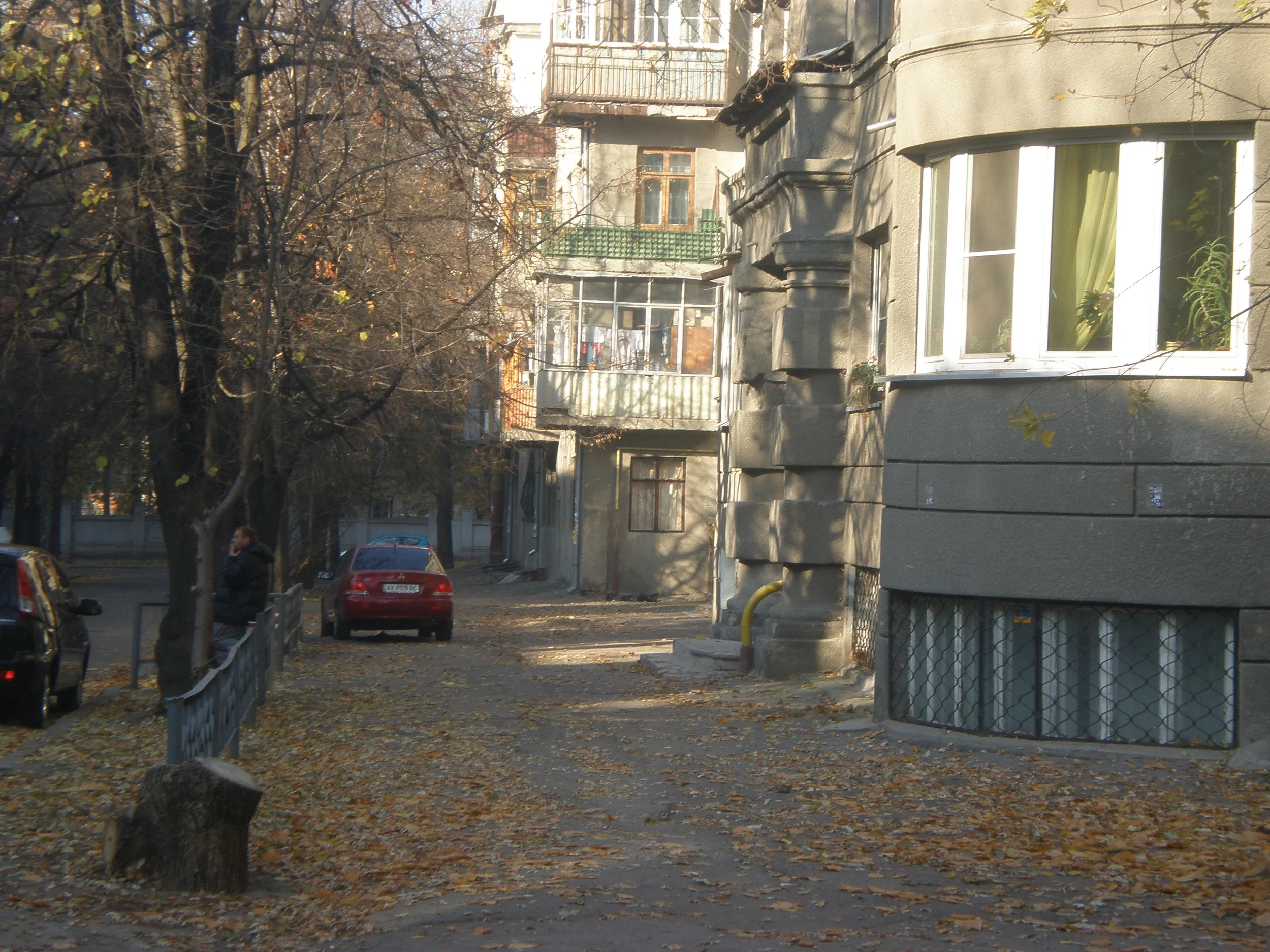
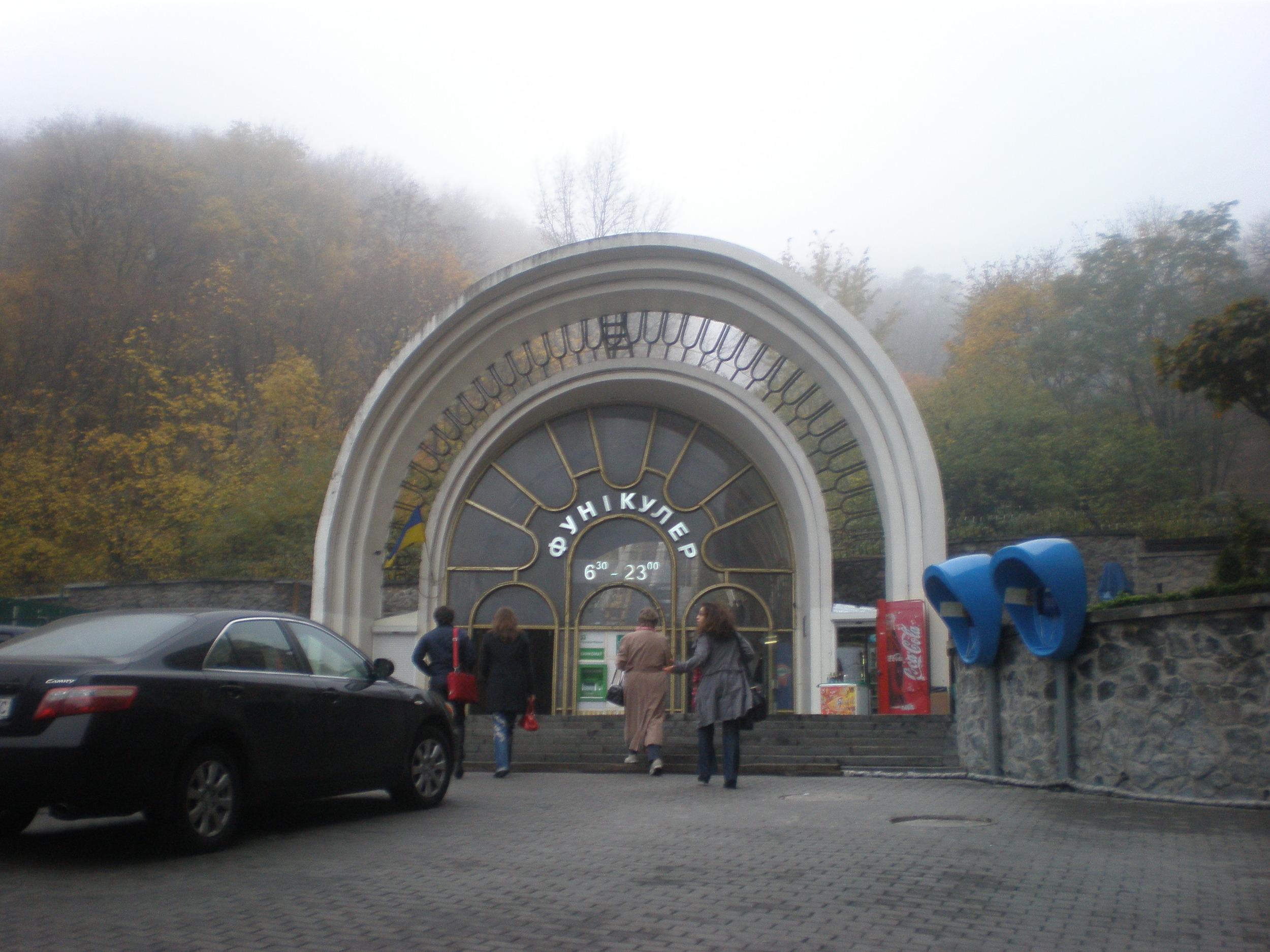
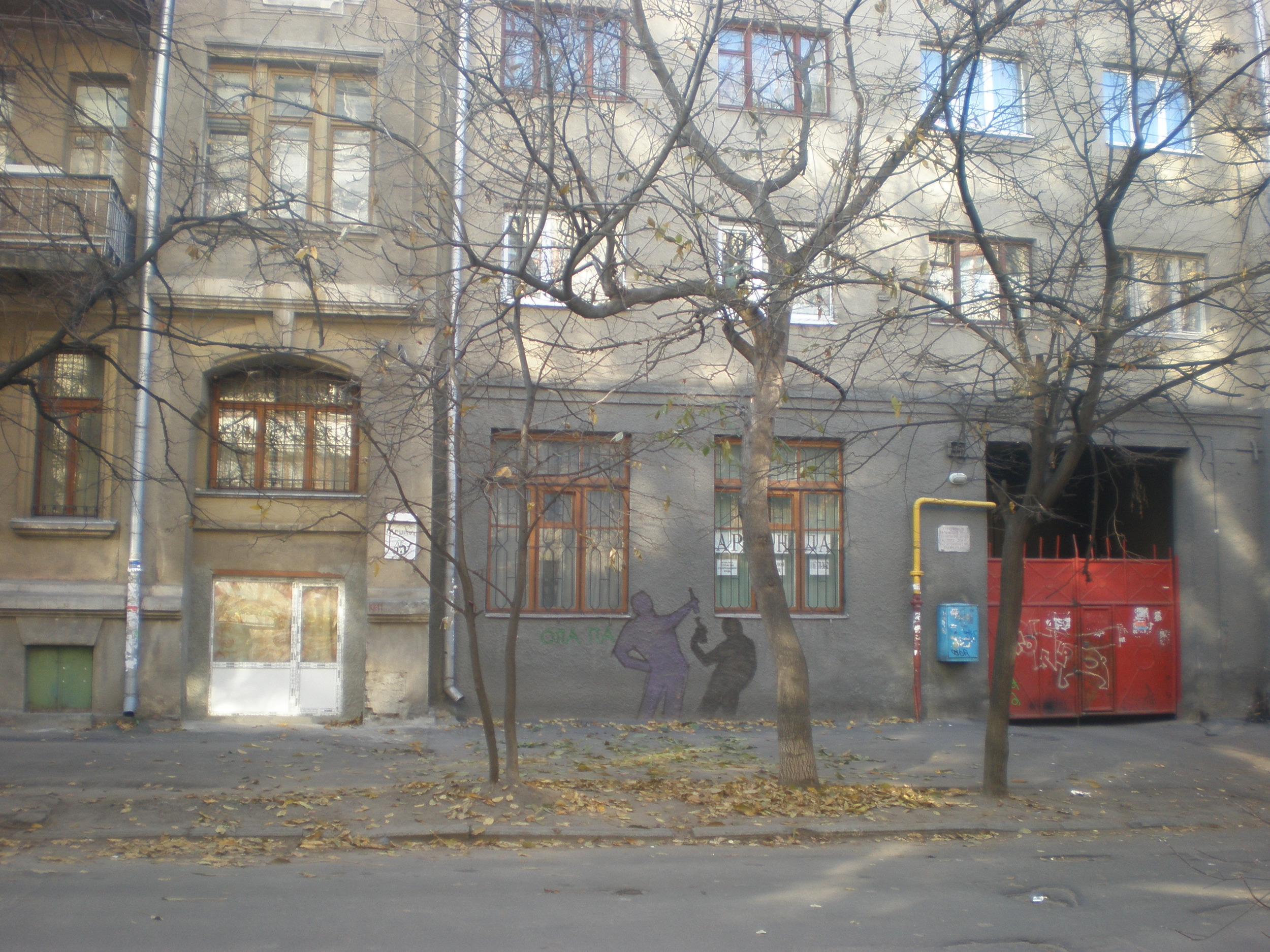
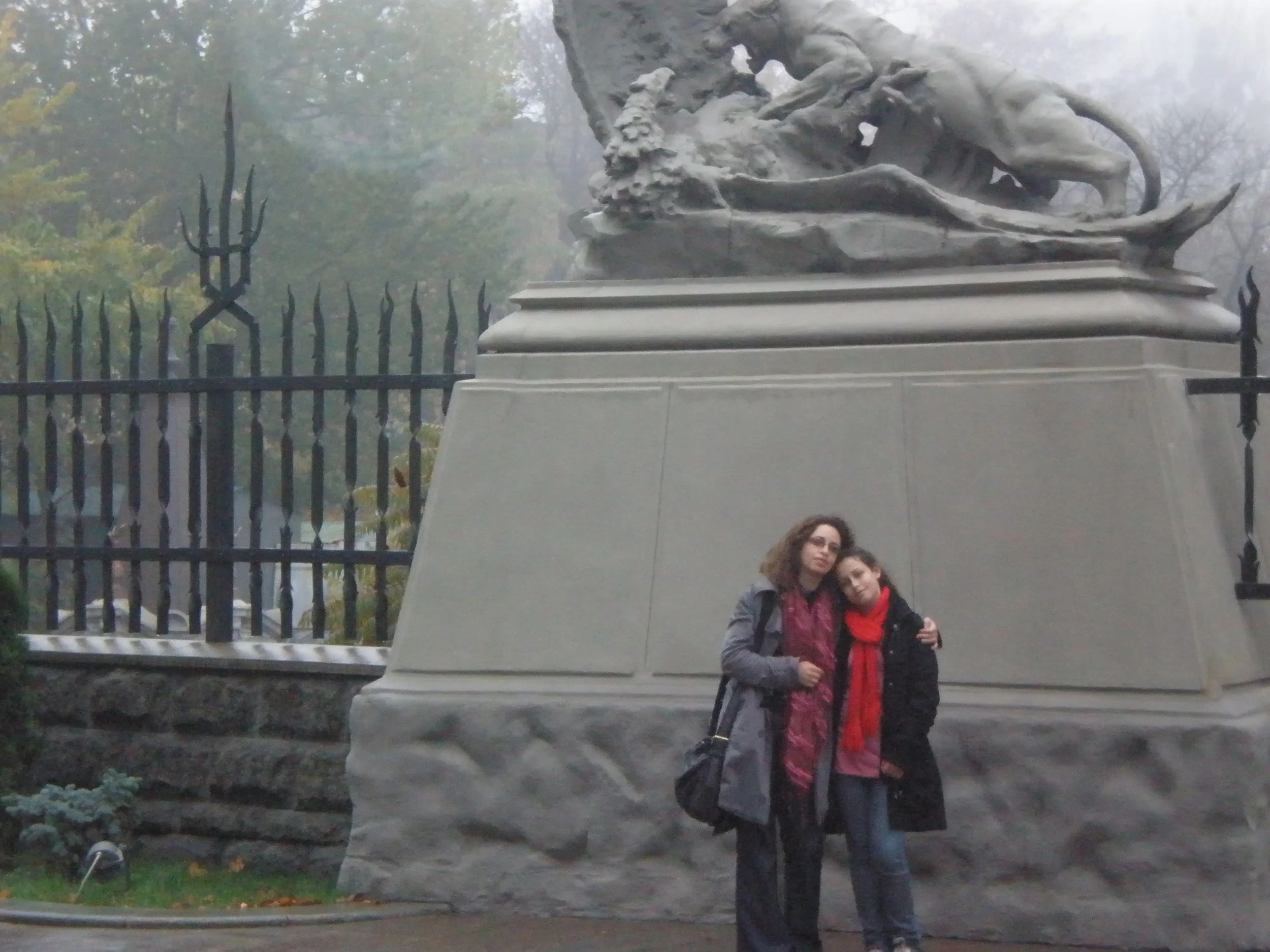

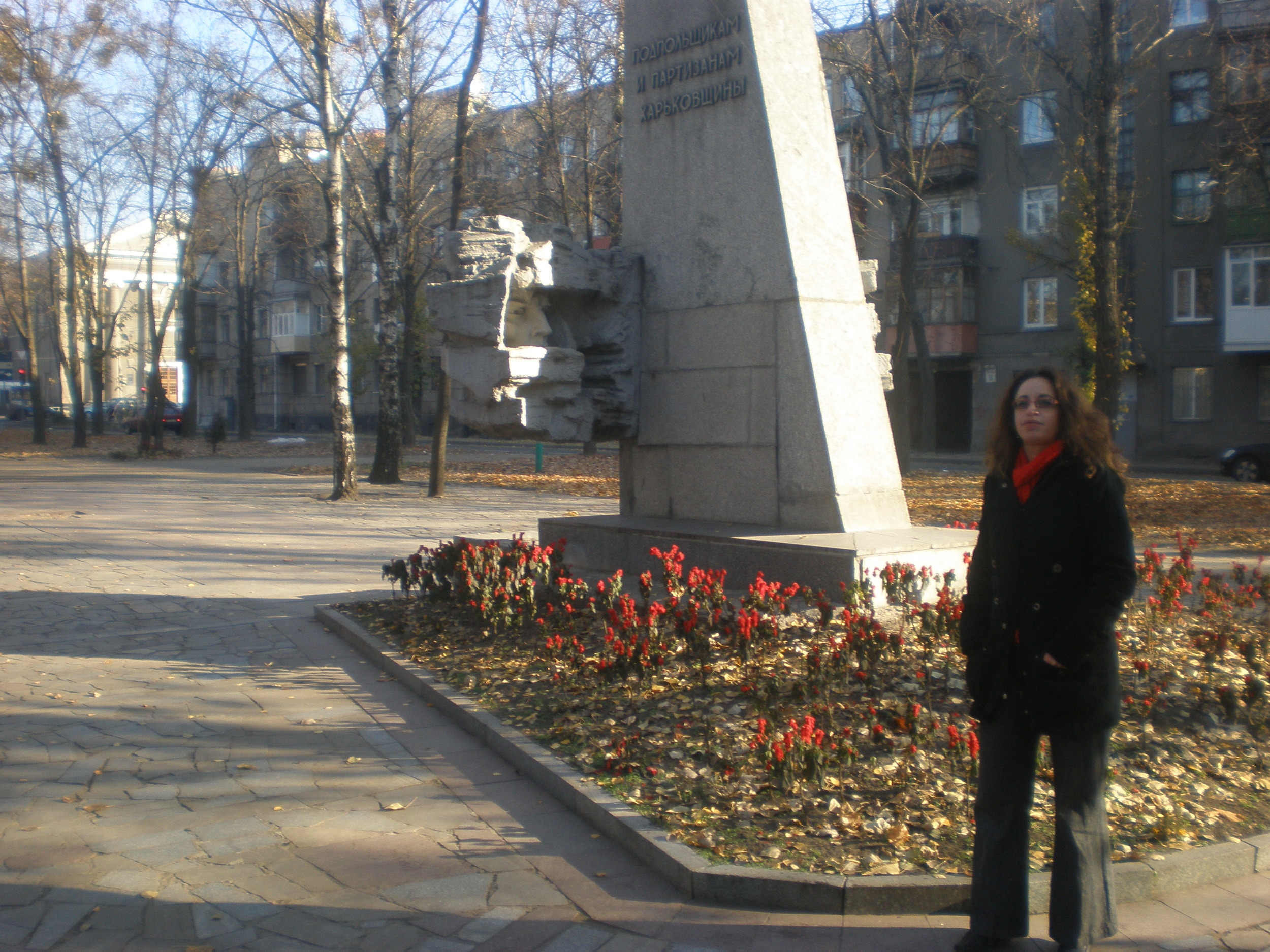
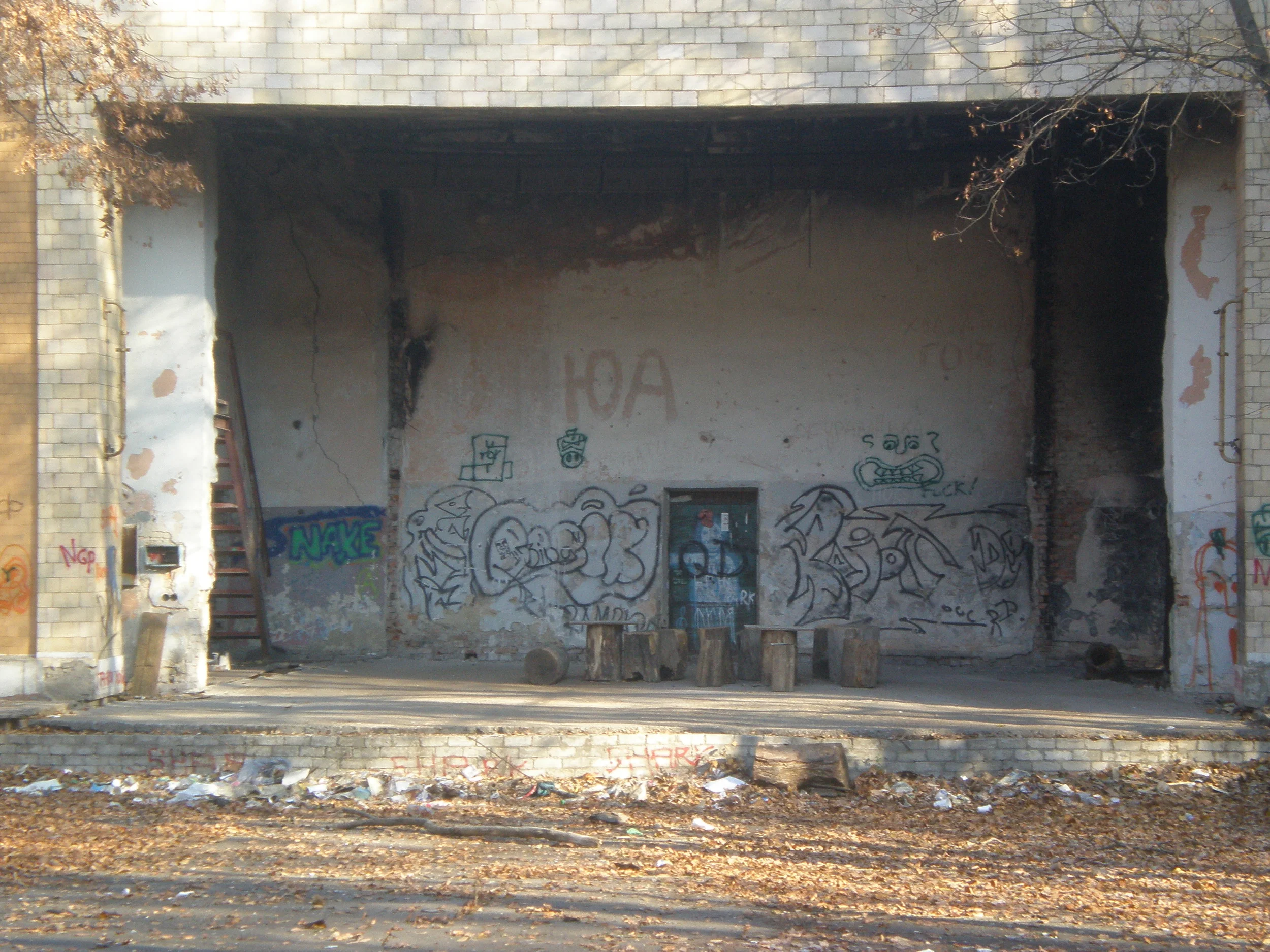
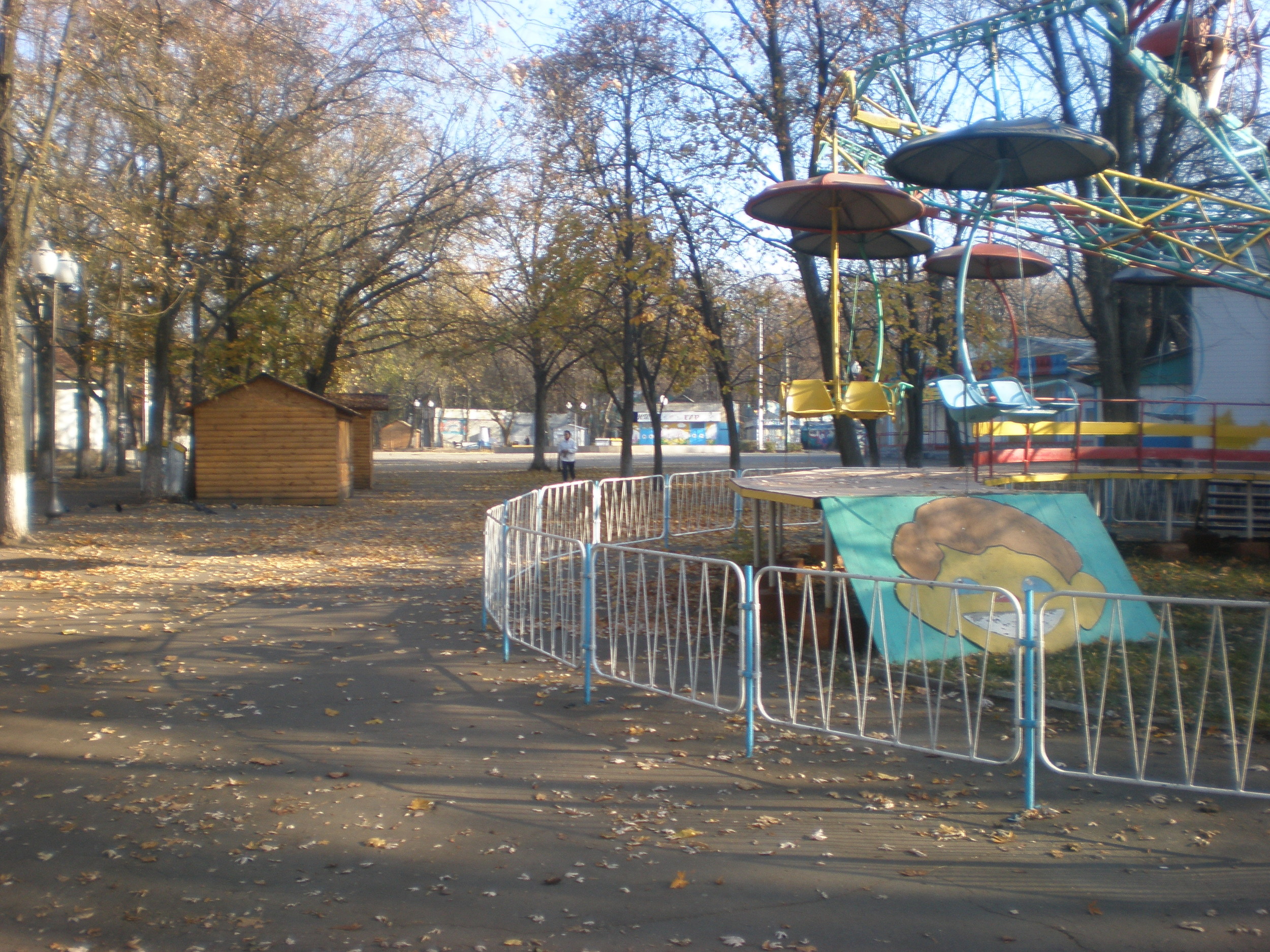
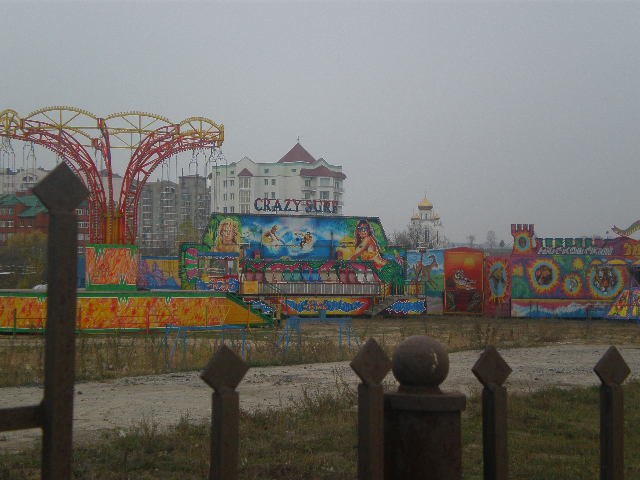
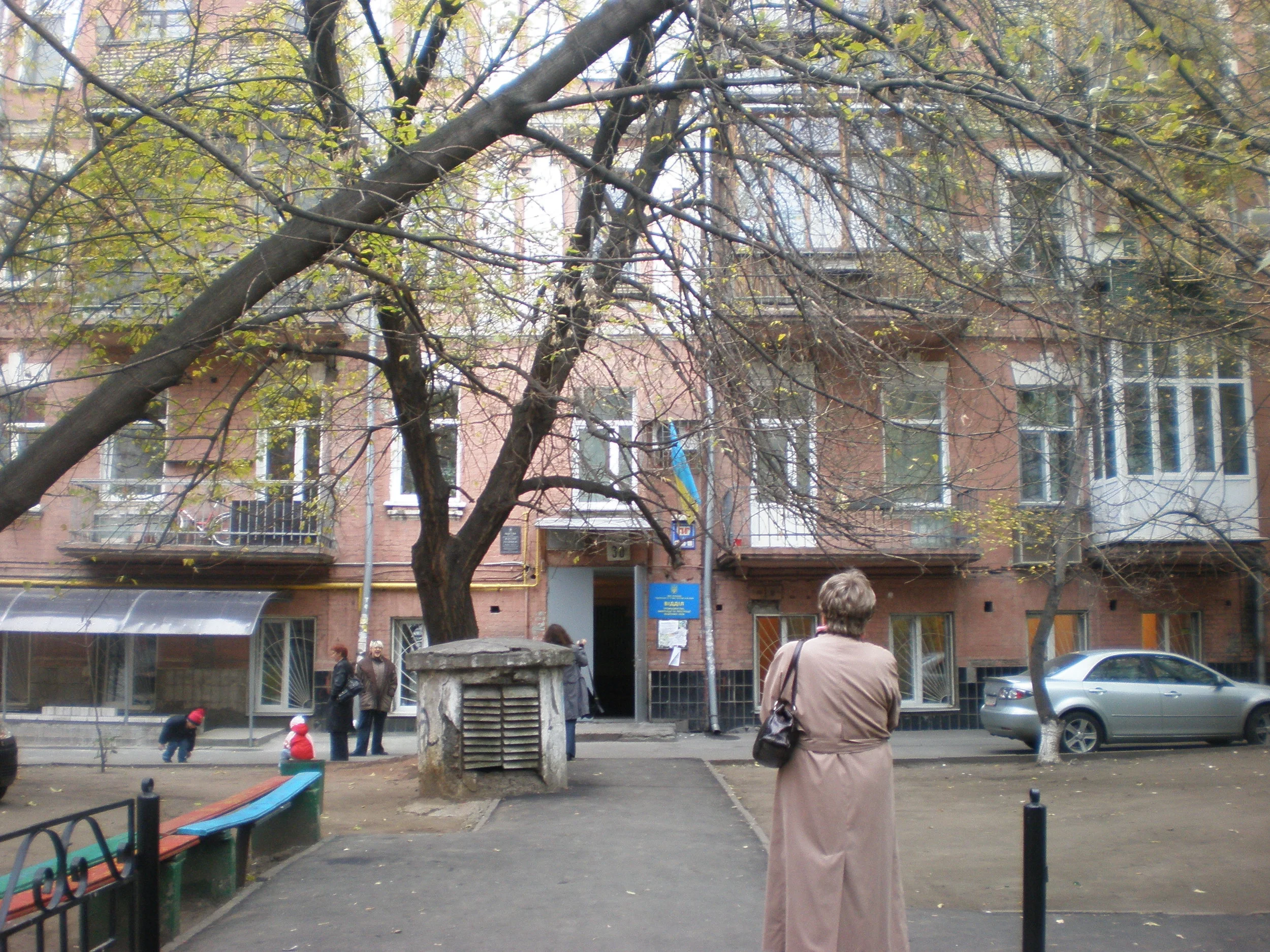
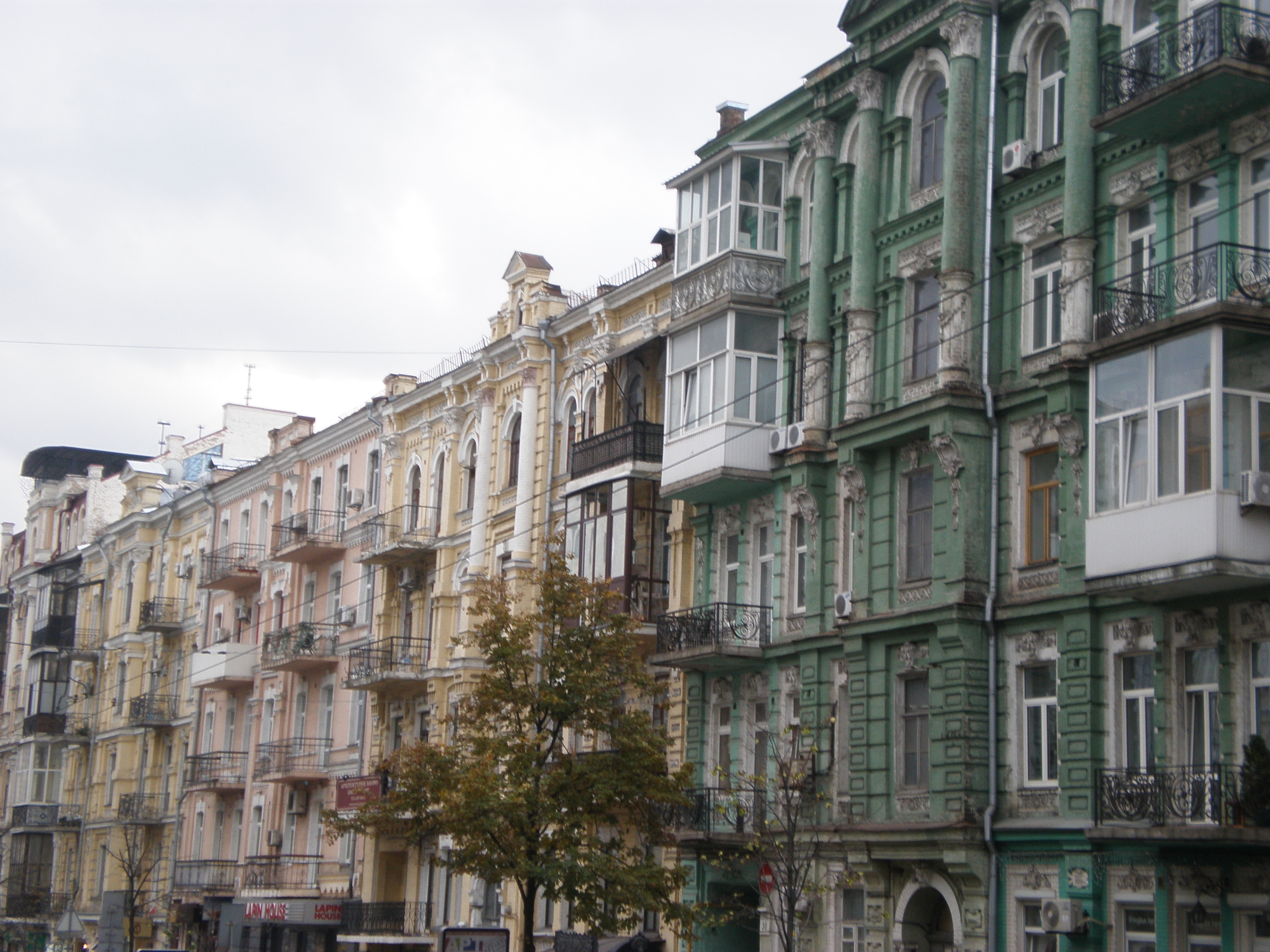
Extracts
PROLOGUE
It is on the train from Russia to Ukraine that the moment I have been waiting for finally comes, and Billie refuses to use the toilet, point-blank. She will hold on, she says: she was not born a woman for nothing. The problem, I discover, is not the soggy brown rug thrown over a hole in the toilet’s floor, but something that inhabits a hole in the toilet’s wall – something for which I have no name, but which my daughter, with the full force of her adolescent pessimism, has immediately classified as a used sanitary pad. And so she goes on strike, inconsolable in her revulsion.
‘You have not travelled’, I tell Billie, ‘unless you have seriously considered just how far you are prepared to go to keep your bladder from bursting. This is the real journey every semi-decent traveller must take’. We are going from my favourite city in the world, St Petersburg, the ‘Venice of the North’, to my mother’s home town, Kiev, or the ‘Jewel of the East’, as those shameless, pimping guidebooks would tell you.
And the toilets are a trade-off for the way simple black tea tastes on the overnight trains, for the stories that fall out of people at this meeting place of intimacy and total anonymity; and for the special kind of sleep, not found anywhere else, the sleep you get when your body is floating, weightless, in the thick of the train’s forward movement. As one habituated insomniac to another, I show Billie that special flavour of train sleep as if it were one of the seven wonders of the world.
I would gladly claim as my own country the hesitant trees, the tightly stretched sky, the numbered light poles outside our window, except that in my years of absence this place has undergone an extreme make-over. It has divided like some monstrous parent cell into a myriad of daughter cells, each with its own currency, its own petty czar swaying an iron fist, its own intractable visa entry requirements. ‘This is where your family comes from’, I tell Billie, swallowing countless disclaimers and footnotes. I make it sound plain as plain, desperate not to overdo it, to keep the theatre out of the moment. ‘This is it, Billie, the Point A, the mother of all destinations.’
I try to imagine what she sees and whether her eyes get fogged up by all the slimy grey colours, the piles of rubbish, the ribs sticking out from the surprisingly sprightly cows and horses we pass by – that first all-deceiving layer that in any unkempt place makes you feel like you know exactly where you are yet tells you absolutely nothing. ‘So you are going to write about how everything is dirty and falling apart’, my second cousin in Dnepropetrovsk says a few weeks later. There is sadness in her eyes, not contempt. ‘Look at our roads’, she says, ‘our public transport, our buildings, our women in their war paint and impossible heels. God, I can only imagine what you must be thinking.’ But I am not thinking what you think I am thinking, my dear cousin. I am not here to write a coy, sympathetic account of the freak show that was once my home. Frankly, I don’t think the world needs another book about how everything is dirty and falling apart somewhere else; or even another book about the sort of somewhere else where everything is idyllic.
MOSCOW METRO
There is a blind woman in the Metro. When I say Metro, I want you to read between the lines. Don’t worry so much about the magisterial architecture and the famous Art Deco embellishments. Don’t think about Stalin in 1941, as the German Army was getting dangerously close, gathering his generals at Mayakovskaya Station to commemorate the anniversary of the 1917 Revolution. What you should imagine is a collection of people in an enclosed space, who by virtue of their sheer numbers, their intersecting trajectories, and their readiness to squash and be squashed, have merged into a cyclonic wave, Category 5 or higher. Sometimes the wave just throbs, sometimes it crashes and breaks, but only one thing happens to those in its way.
The Moscow Times tells us that the city has some 35,000 residents for every kilometre of rail track, a figure equalled only in Tokyo. This is three times the number of people per kilometre of track in Paris and close to double the figures for London and New York. In Tokyo attendants have to push people onto the trains. In Moscow people do it for themselves. It is amazing just how quickly you abandon your genteel manners and start throwing your elbows and chest around. I thought I might have to give Billie a talk about how there is no shame in pushing, how in fact the whole system is held together by everyone agreeing tacitly to push and, yes, there is a certain etiquette to it, like asking ‘Are you getting off at the next?’ before forcing your way to the doors, but how, in the end, it is all OK. But Billie has no need of this little motherly chat or for my permission. She just does it like a pro, totally unperturbed, and she has a natural advantage – that teenage facial expression in which boredom wrestles with contempt, and, by God, it makes her look right at home.
The blind woman wears dark sunglasses and has a stick in her hands. She is standing on the opposite platform to us, perilously close to the edge. How did she get inside the station past the violently flapping doors that slap you, the seeing one, straight in the face unless your outstretched arm is travelling well ahead of your body? Was she helped through the size-8 gap between the turnstiles by one of those invariably female attendants deep in middle age, the ones I have never seen do anything but emit shrill cries at the sight of young men jumping over the barriers? And what about those escalator journeys, the length of an average act of intercourse, how did she make it through one of them?
Our train departs; the last we see of the woman is her back turned towards the track. She is standing quite still; no one comes near her. It seems almost suicidal for her to be there all alone, as if she were standing at the edge of a cliff. There is a village not far from Moscow, purpose-built for the blind in the glory days of the USSR, but now in total decay, along with the great socialist dream of engineering self-sufficiency for the disabled. Living in the ruins of the empire is hard enough for people with eyes, legs or arms intact, but for those whose bodies have failed them in some way, recent history must feel like one day’s journey into night. A few stops later, a legless veteran of some no longer identifiable war is pushing his way through the crowd of legs on something resembling a cheap skateboard, his stumps wrapped tight in layers of plastic. In keeping with its survival of the fittest philosophy, Moscow Metro has virtually no lifts and no ramps for the disabled. This man, who was once a warrior – or at least a hired gun – is now a beggar, although no one is giving him anything, not on our watch anyway. Able-bodied Russia pretends she does not see the second Russia, even though the population of the latter is probably close to seventeen million. ‘The disabled are citizens of Russia’, says writer Anton Borisov (paralysed since childhood, he knows what he is talking about), ‘but not of the majestic oil-gas-nuclear-cosmic nation like the rest of the Russian population. No, the Russian disabled are citizens of another Russia – impoverished, worn-out, tear-stained and humiliated.’
In the underground interchanges, the kilometres of tunnels that connect the city’s train systems, women in long, bulky coats display wind-up toys. Cats chase their own tails. Squirrels and bunnies hop around. Plastic soldiers perform a commando crawl with their rifles at the ready. Selling toys here is like putting out a spread in the middle of a six-lane highway. This is not commerce, this is not doing the best with what you have, this is desperation. An old woman in a headscarf, an archetypal figure, Russia’s equivalent of a semi-naked African child covered in flies, re-sells newspapers a hundred metres from the official kiosks. Her profit margin must be in the domain of nanomathematics. I wonder whether she is doing this so as not to beg.
As we shuffle along the crowded corridors, Billie’s eyes almost pop out. Close to the exit, a woman is holding a hand-written sign ‘Diploma, Degrees, Certificates’, ready to fold her business at a moment’s notice. Forgery is rampant in Russia, but it is not legal. Not yet. You can buy anything here, I explain to Billie, a degree in Medicine, Architecture or Science, school diplomas, work history, medical certificates. In the West education is for sale too, more often than not through online virtual institutions, which promote their wares by urging us to ‘get a degree without those hundreds of hours wasted studying, attending lecturers, doing assignments’. In Russia, you still get direct-to-the-public forgery so, if you are lucky, you will deal with Syoma or Igor, not some world-class university registered to a PO box in Columbus, Ohio. How reassuring that there are still real people you can deal with.
MOTHERS AND DAUGHTERS
No matter what, my mother was always sacred to me … When I can hang on, this is where I leave it, but more often than not, I hammer the nail until the wall bleeds: … but I am not at all sacred for you. It is the voice of maternal desperation speaking, though have I not peaked a few years early? What room am I leaving for emotional bribery in (God forbid) any really serious teenage crisis – methamphetamines, pregnancies and membership in extremist political organisations? I grew up knowing implicitly (because this is how my parents and their friends were) that you should never try to wrestle recognition or respect out of anyone, let alone your own child, so to demand an acknowledgment of my maternal sanctity is a new low. But with Billie, I am already in the valley of lows, and we are just starting out – at least, this is what everyone keeps telling me, with the kindest intentions of course. I know, I know, but can’t you see, I am waiting for a miracle.
Before I turned fifteen and we left for Australia I remember my mother getting it wrong only once, when she peremptorily dismissed an honest, if bizarre, ache in my chin, when what I really needed was comforting reassurance. And I remember as well her deliberately hurting my feelings only once, saying to me in exasperation, ‘Your sister was right. Demons do lurk in a quiet pond’. I was a quiet pond because, unlike my older sister and, later, Billie herself, I was not in the habit of enlarging my emotions to ensure that they could be detected from the outer reaches of the sky. As to the proliferation of demons my mum diagnosed, she was referring, quite legitimately, to my use of the family’s painstakingly procured Yugoslav wall-unit to re-enact a recurring fantasy of being a teacher (a good teacher, you understand, not like those shrivelled-up, bitter women who dominated my later years at school). The back wall of this unit was hidden from the general view, but not from the eyes of my mother, and, in a moment of weakness, I forgot myself and used it as a blackboard, on which I drew words and equations with a slippery piece of precious white chalk shaped like a cigarette butt, all the while making warm and witty elaborations on my imaginary lesson to the imaginary class before me.
The bit from my mum’s pond sentence which really hurt was the affirmation of my sister’s longstanding suspicions that behind my comparatively placid exterior (placid at least compared to hers) there was a litany of vices and flaws every bit as hair-raising as a seasoned recidivist’s. She was right, of course, if somewhat premature in her assessment. My demons first surfaced somewhere around the time of our emigration, and by the time we settled in Australia, you could barely see the pond for all their splashing. And though for several years I tested my mother’s patience in earnest, she did not budge, she did not ‘lose it’, as we say today. So one light dismissal and one deliberate hurt: this is all I can remember of my mother’s crimes over my formative years (over all the years, in fact). Which is quite remarkable, especially considering my own maternal crimes, and that even before Billie officially becomes a teenager, she looks set for a full submission to the Hague Tribunal.
When I want to damn someone in front of Billie I say, He was the kind of a person for whom nothing is sacred, not even his mother. The purpose of this statement is twofold. First, it is what I think. Secondly, I am sending Billie subliminal messages. Is she getting them? Probably she is, together with all the other glorified guilt-trips that have not worked for a long time, if ever. As a mother, I want nothing more than to be like my mother. Yet our trip home is a constant reminder that I am nothing at all like her (such journeys of self-discovery are not recommended for parents in denial). I remember, when Billie was young, thinking that parental disappointment was more destructive than simple anger and hurt, and promising myself to stay well away from it at all cost. Both my mum and dad were always like that, at least with me: total strangers to the outward expression of their disappointment. So I never felt like I let the team down – myself, yes (all the time), but not the proverbial team.
And after all that, on this trip I do nothing but channel chronic disappointment. In no small measure, this is because I am looking for Billie to be awestruck, inspired, blown away – actually any one of the three will do. Not only that, I am waiting for her to articulate these feelings with highly charged words to match the occasion or to let me know, in subtle, silent ways that only I – her mother – can understand that her universe is expanding, her nerve endings are abuzz, and that her heart is barely able to contain all the emotions she feels. Instead, in front of me is a tired, hungry, bored little animal who constantly wants to sit, eat and go home. This little animal is my daughter, brought on this trip by her mother, for the purposes of – let’s say it here and be done with it – some sort of transformation. Yet more often than not this daughter’s eyes slide away from cathedrals and boulevards to displays of pastries in kiosks, her legs cannot carry her anywhere without aching, and her mind, her beautiful mind, is preoccupied with the demands of her flesh and with wanting all these things orchestrated by her mother to end, the sooner the better. There is no lift-off, no second wind, no energising burst of curiosity.
She is not five anymore. There are no excuses. What would my mother do? Oh, forget it. I explode.
—Why do you look like that? Don’t any of these things get to you? Don’t they mean anything to you at all?
—Mum, you just want me to react in a certain way. You just have expectations of how I should react but I am reacting in my own way.
OK, yes, she has every right to react in her own way. This is not a crime. No question.
—But why this bored, fatigued, unhappy facial expression? Do you realise that you look like this all the time, Billie?
—This is what happens when I feel scared or embarrassed of sounding like an idiot in this language. I turn inward, mum.
This time she does turn away and inward, her anger made glossy by tears.
There is a cacophony of voices in my head, all the embarrassing, unbearably trite things I am trying not to say to Billie – not by bread alone, Billie … not until we are lost do we begin to understand ourselves … she who can no longer pause and stand wrapped in awe … Sage Wisdom 101. I ache with disappointment. I promised myself I would never become like that. And here I am scraping the bottom because my daughter is not having epiphanies at the time and place of my choosing. Billie does not deserve the tragic eyes of her mother, dark with the undiluted grief for a daughter who is no longer marching to the tune of her mother’s drum (or not marching at all, for that matter). No one deserves eyes like that, certainly not Billie. She certainly does not deserve this trip to be turned into some kind of moral education boot camp. I need to back off. The days of moulding and shaping are over.
